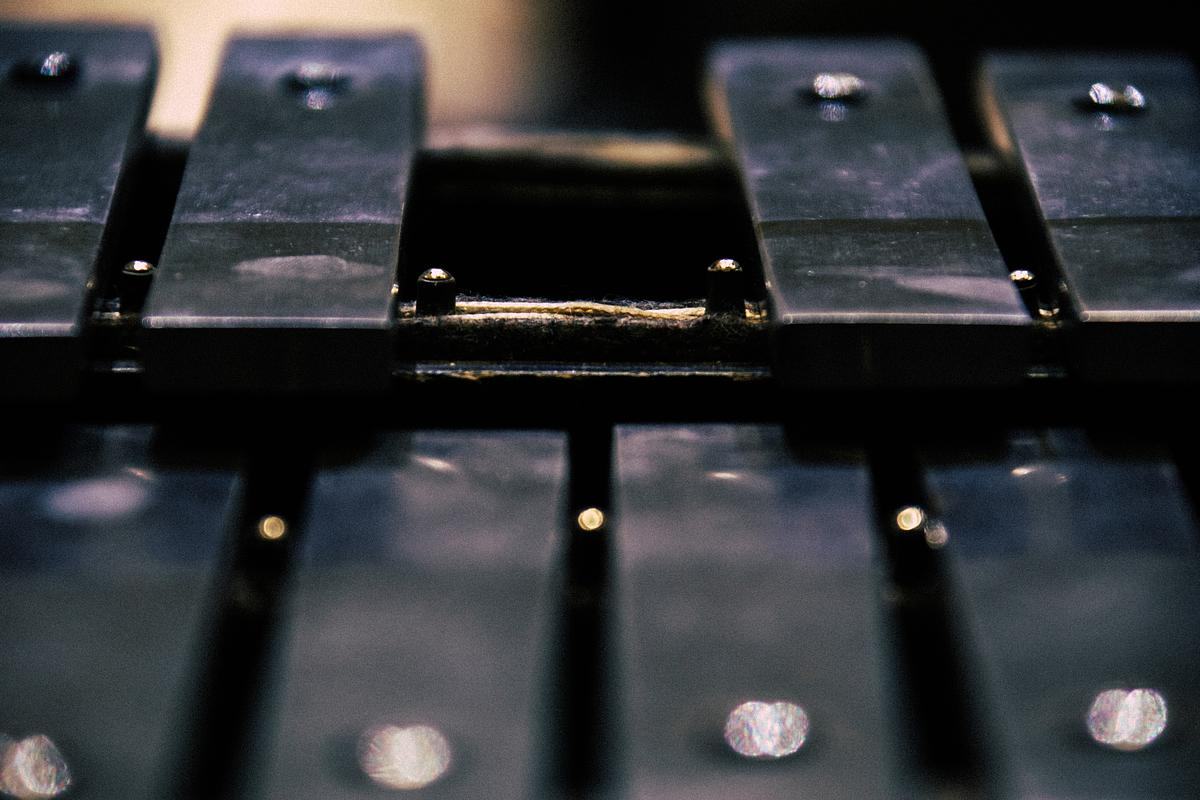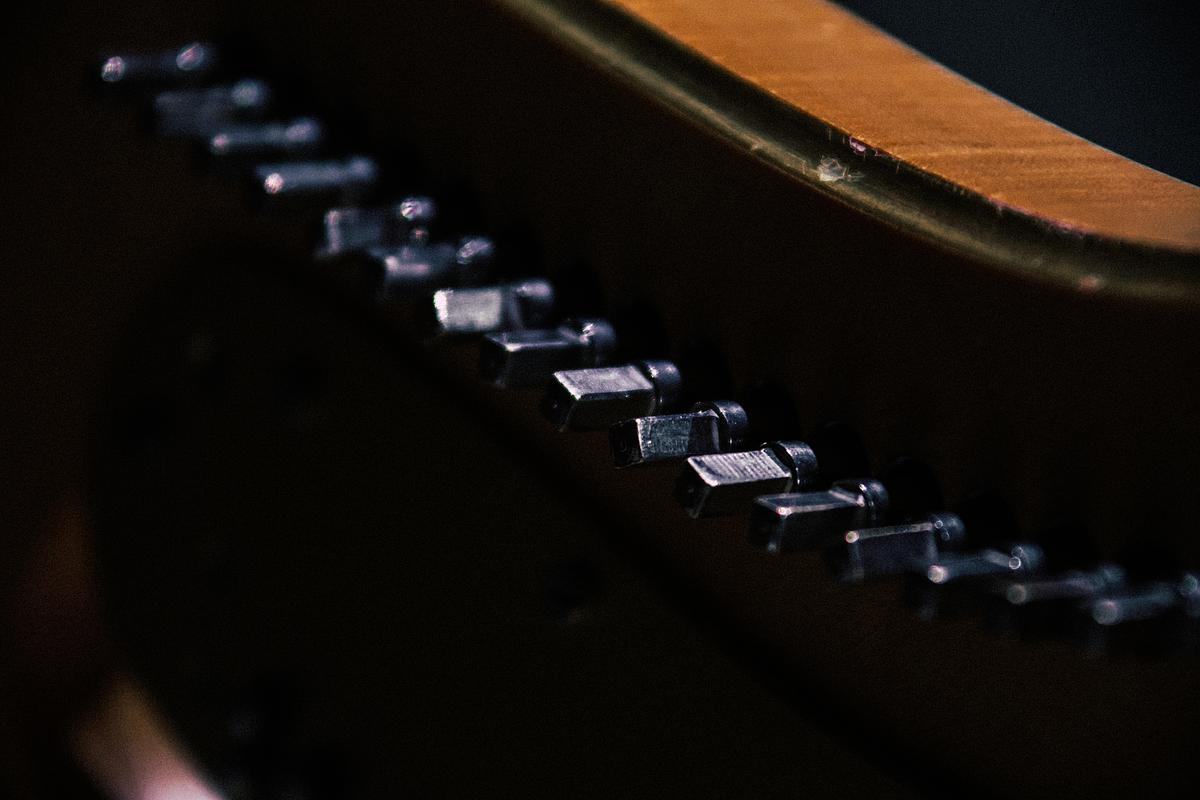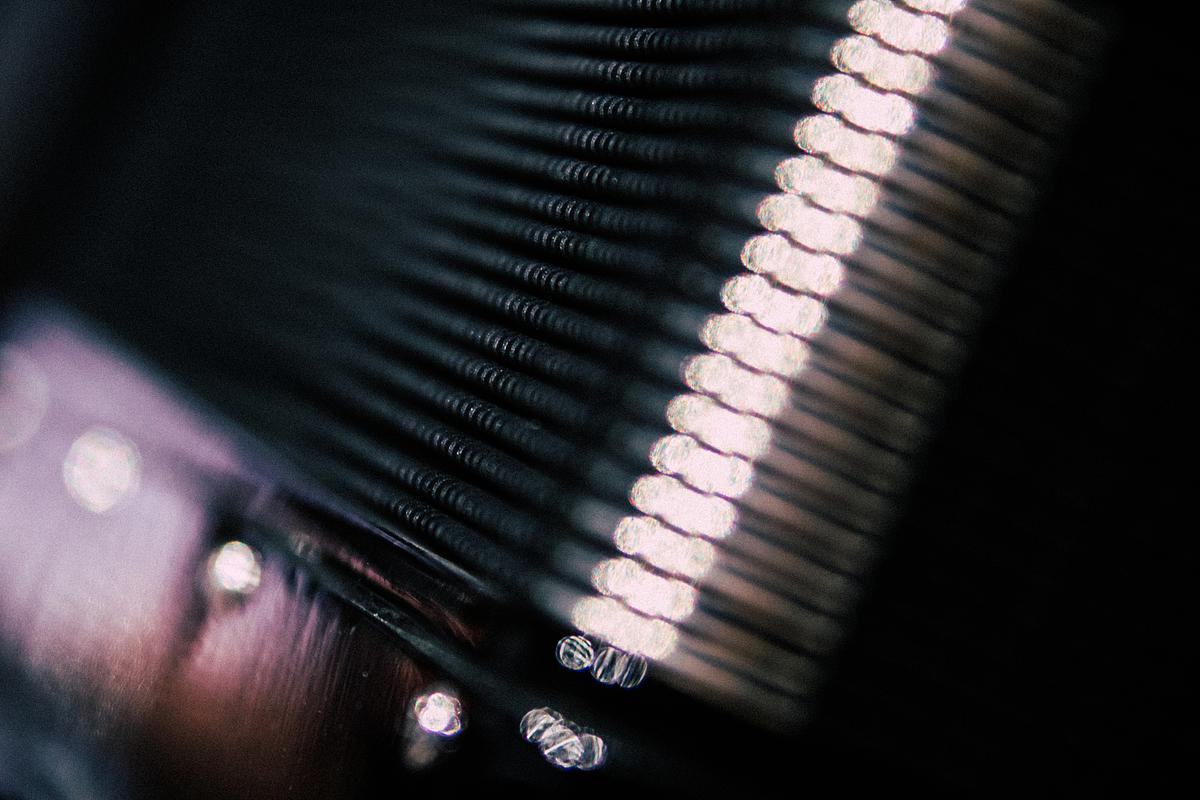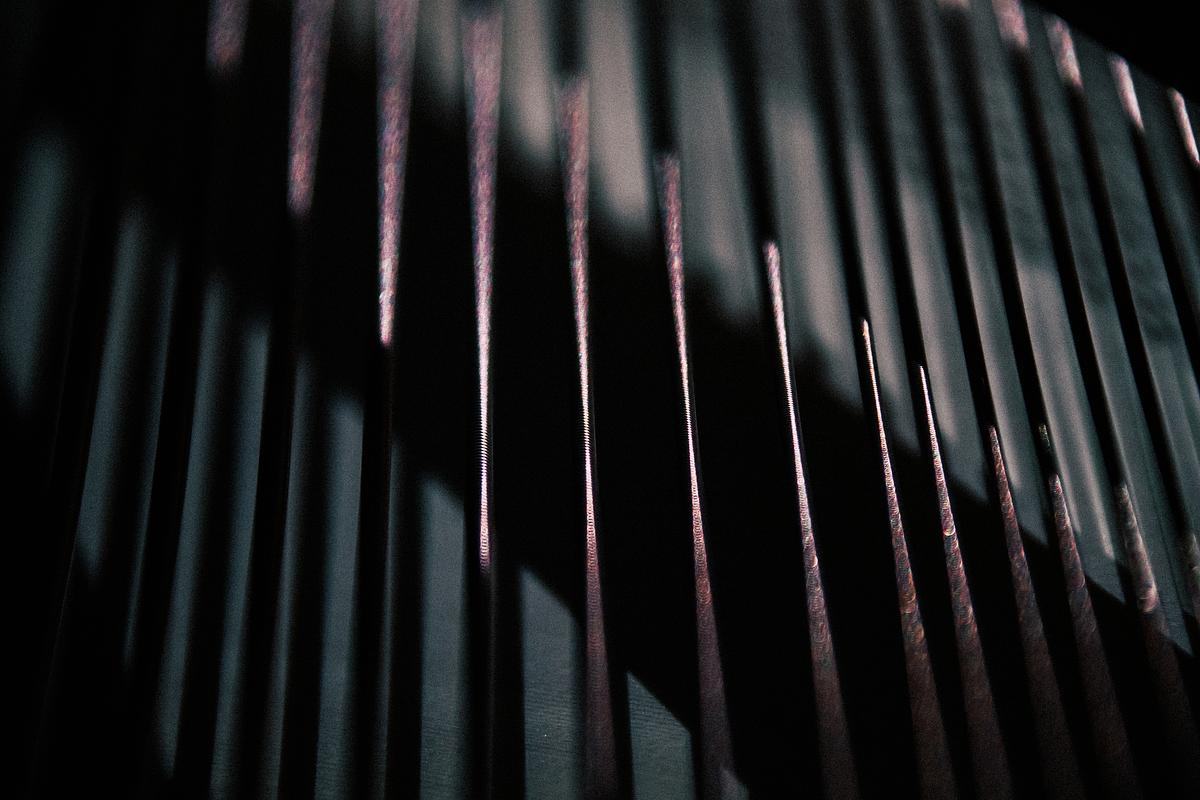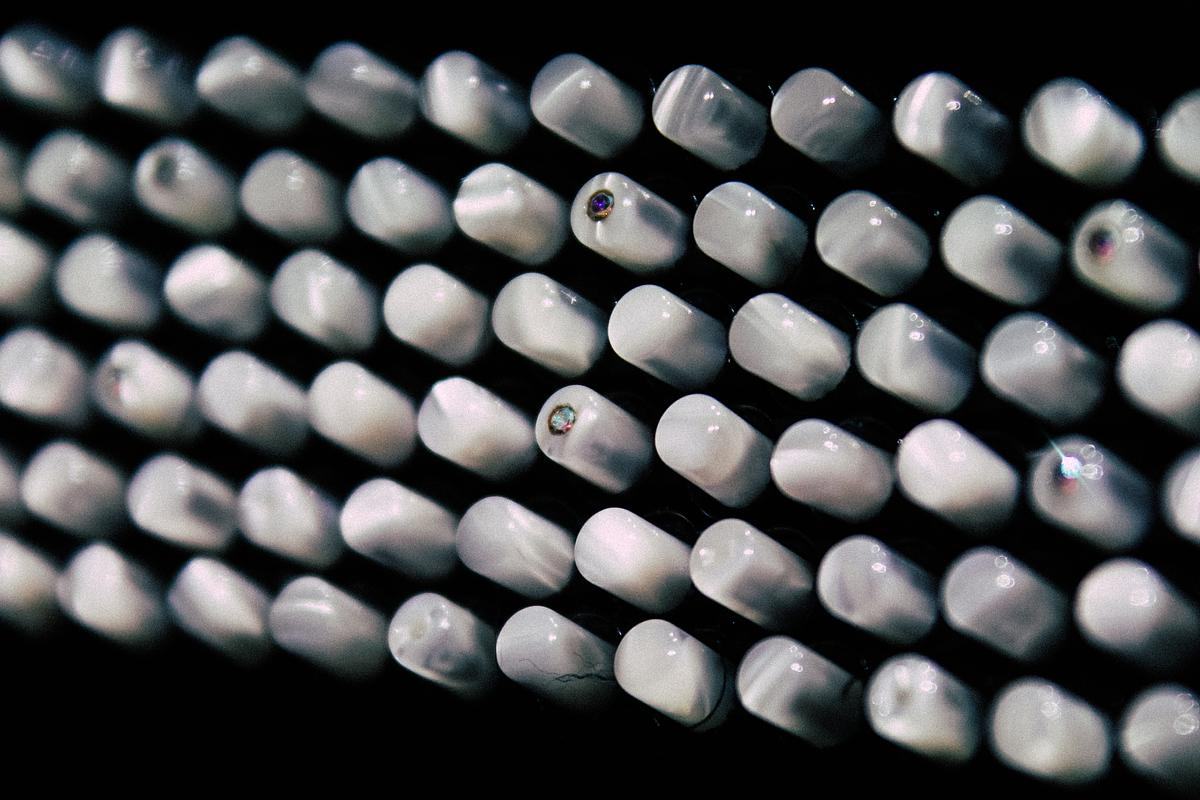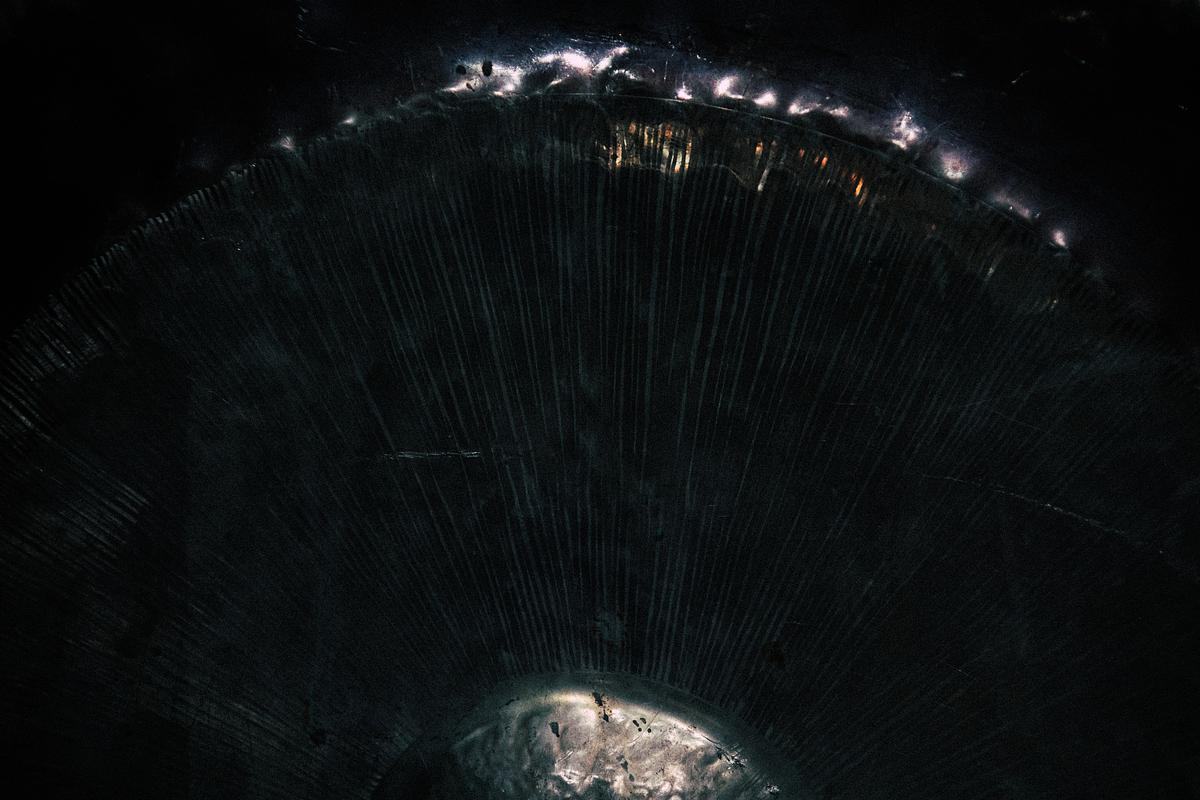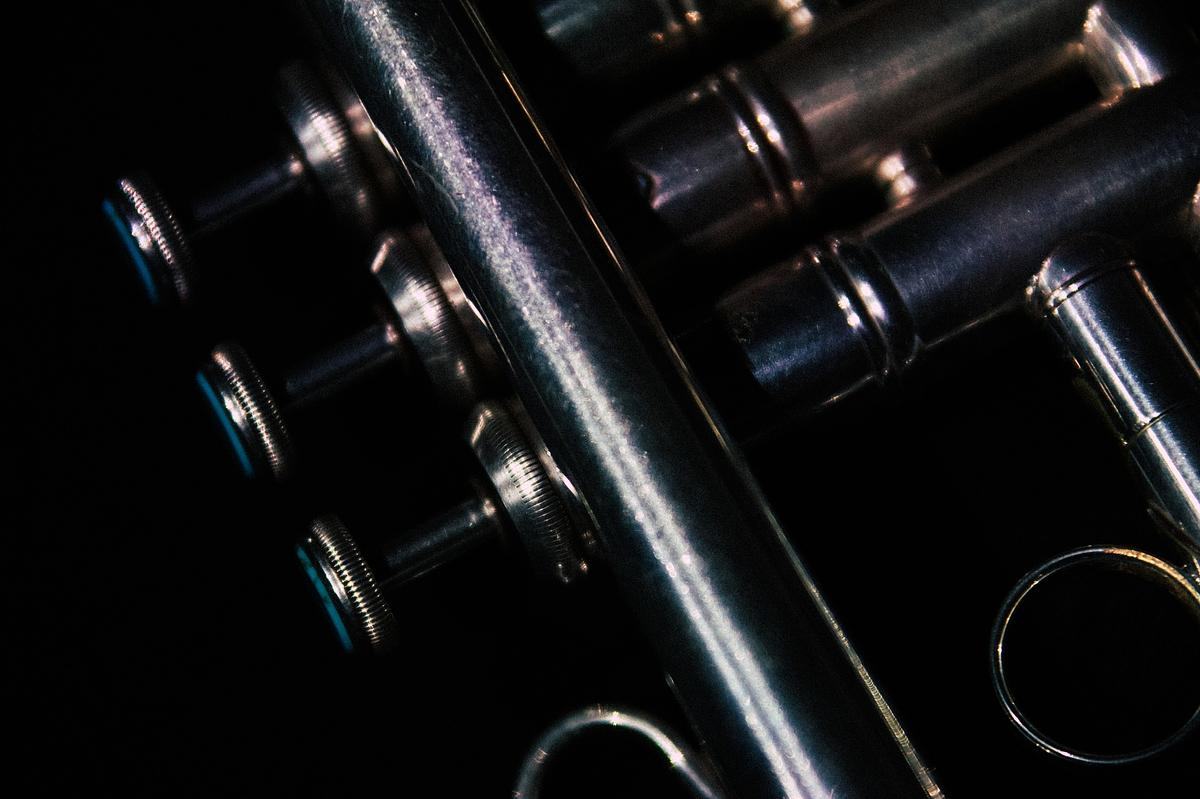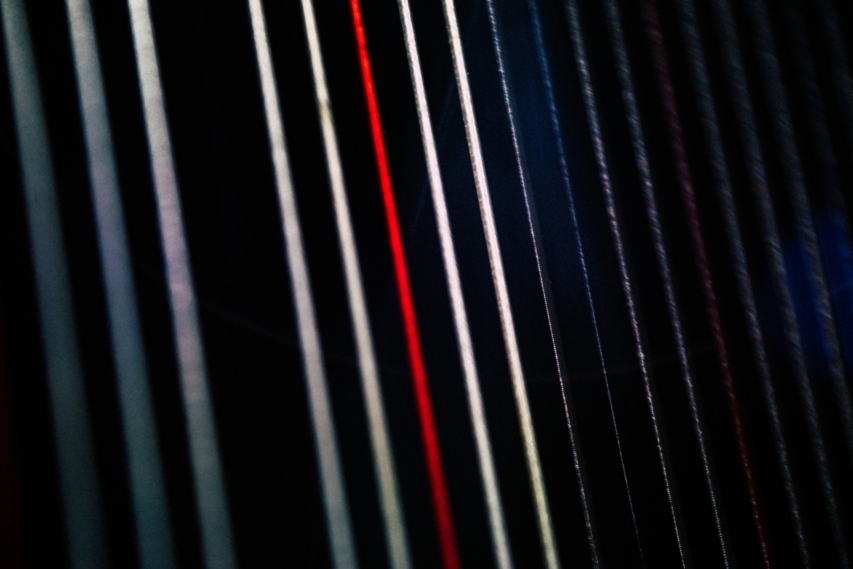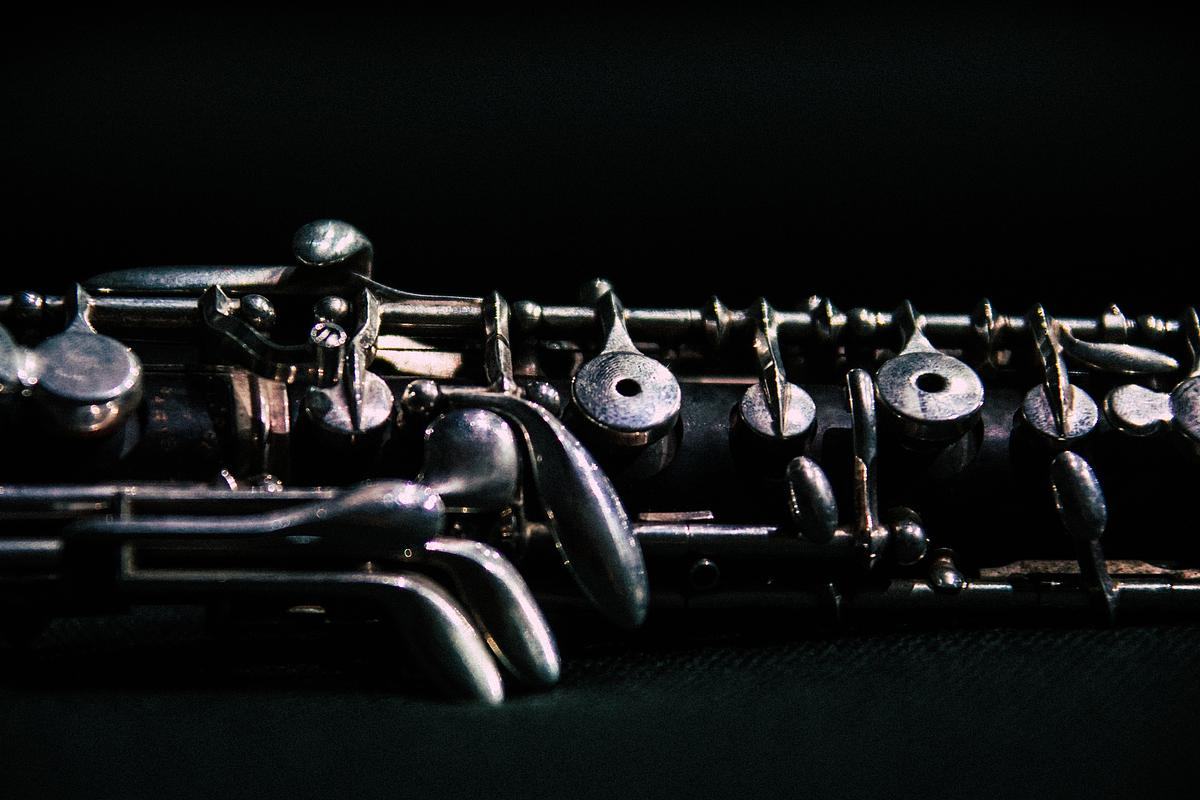
Eleven concerts encompass four centuries of music by composers from the Baroque era to the present day, tracing how the contemporary emerges and manifests itself on the boundaries of different epochs.
Eleven concerts encompass four centuries of music by composers from the Baroque era to the present day, tracing how the contemporary emerges and manifests itself on the boundaries of different epochs.
In 1320, the French composer and music theorist Philippe de Vitry published Ars Nova, a treatise in which he contrasted “old art” with the new one. For the first time, he identified the two poles shaping the entire music history through their mutual attraction and repulsion.
Photo: Anya Todich
Those who are truly contemporary, who truly belong to their time, are those who neither perfectly coincide with it nor adjust themselves to its demands. They are thus in this sense irrelevant. But precisely because of this condition, precisely through this disconnection and this anachronism, they are more capable than others of perceiving and grasping their own time.
— Giorgio Agamben, Italian philosopher
But where are the boundaries of the era that we consider our own? How does the individual perception of time connect with the reality experienced by the artist? How and why does an artist’s outlook on the world become publicly recognised as relevant for their time? The curatorial programme What Is the Contemporary? will offer tentative answers to these questions from January to June 2024. Its title references the eponymous essay by Giorgio Agamben, in which the Italian philosopher comes to a paradoxical conclusion: the truly relevant artists are not contemporary: they are capable of viewing the contemporary from the outside, in a chronological perspective.
The key theme of the programme—the emergence and presence of the contemporary on the boundaries of different artistic eras—determined the choice of composers. Over one and a half centuries lie between the Fifth Symphony by Ludwig van Beethoven (1770–1827) and Dies Irae by Galina Ustvolskaya (1919–2006), but Philipp Chizhevsky and the Questa Musica Ensemble find unexpected crossover points between the extreme sound worlds of these two works that seem so dissimilar at a first glance. The performance of Anton Bruckner’s (1824–1896) Seventh Symphony, with which the conductor Fyodor Lednev will mark the 200th anniversary of the composer’s birth, rhymes with the monographic programme dedicated to Joseph Haydn (1732–1809) by the Pratum Integrum orchestra. During his lifetime, Bruckner was considered conservative and archaic, and cultural mythology long dismissed Haydn as a composer forever left behind in the cosy century of powdered wigs—until the second half of the twentieth century when these two giants of Austrian music were rediscovered as radical innovators whose experiments proved vitally important for post-war art. In his solo concert, Alexei Lyubimov traces the evolution of musical romanticism from Franz Schubert (1797–1828) to Johannes Brahms (1833–1897), and in the late piano pieces of the latter he finds the modernist genes of another composer whose anniversary is celebrated in 2024—Arnold Schoenberg (1874–1951).
Hans Zender (1936–2019) rewrites Beethoven’s Diabelli Variations (1823) with the same degree of freedom as the composer treating the original theme. 33 Variations on 33 Variations (2011) remind us of how avant-garde Beethoven’s musical language was for its time. The “composed interpretation,” Zender’s own definition of the genre that he worked in throughout his life, also suits Ein Schemen (2017) by Yannis Kyriakides: in one of his central works of recent years, the composer rewrites Brahms’s Ein deutsches Requiem line by line, section by section, drawing individual elements from the score, extending them in time and transforming them into soundscapes. In the final concert of the programme, modern Russian composers attune to the artistic method of Richard Wagner (1813–1883): Tristan Project explores a turning point in music history, the watershed between romanticism and modernism.
The eleven concerts of the cycle encompass four centuries, from the seventeenth to the twenty-first, and from the Baroque era to the present day: by presenting different scenarios of music’s relations with time and space, the programme goes beyond the limitations of a linear view of art history. What Is the Contemporary? invites us to regard old masters as relevant artists, our own coevals, to peer into the crack left by the tectonic plates of history shifting between “then” and “now.”
28 Jan
Johann Sebastian Bach, Arnold Schoenberg, Louis Andriessen, Kurt Weill
Performers: Moscow Contemporary Music Ensemble, Fyodor Lednev
15 Feb
Joseph Haydn
Performed by Pratum Integrum orchestra
21 Feb
Johannes Brahms, Yannis Kyriakides
Performers: Intrada choir, Ekaterina Antonenko
Solo Concert by Sergei Kasprov
2 Mar
25 Mar
Johannes Brahms, Franz Schubert
Solo Concert by Alexei Lyubimov
6 Apr
Ivan Bushuev, Vladimir Rannev, Gustav Mahler
Performed by Moscow Contemporary Music Ensemble
17 Apr
Anton Bruckner
Conductor: Fedor Lednev
15 May
Programme and performers to be announced later
21 May
Performers: Moscow Contemporary Music Ensemble, Intrada choir
15 Jun
Ludwig van Beethoven, Hans Zender
Performers: Moscow Contemporary Music Ensemble, Fyodor Lednev
Presented by Yaroslav Timofeev
25 Jun
Richard Wagner, Mark Buloshnikov, Arman Gushchyan, Alexey Sysoev
Performers to be announced later

